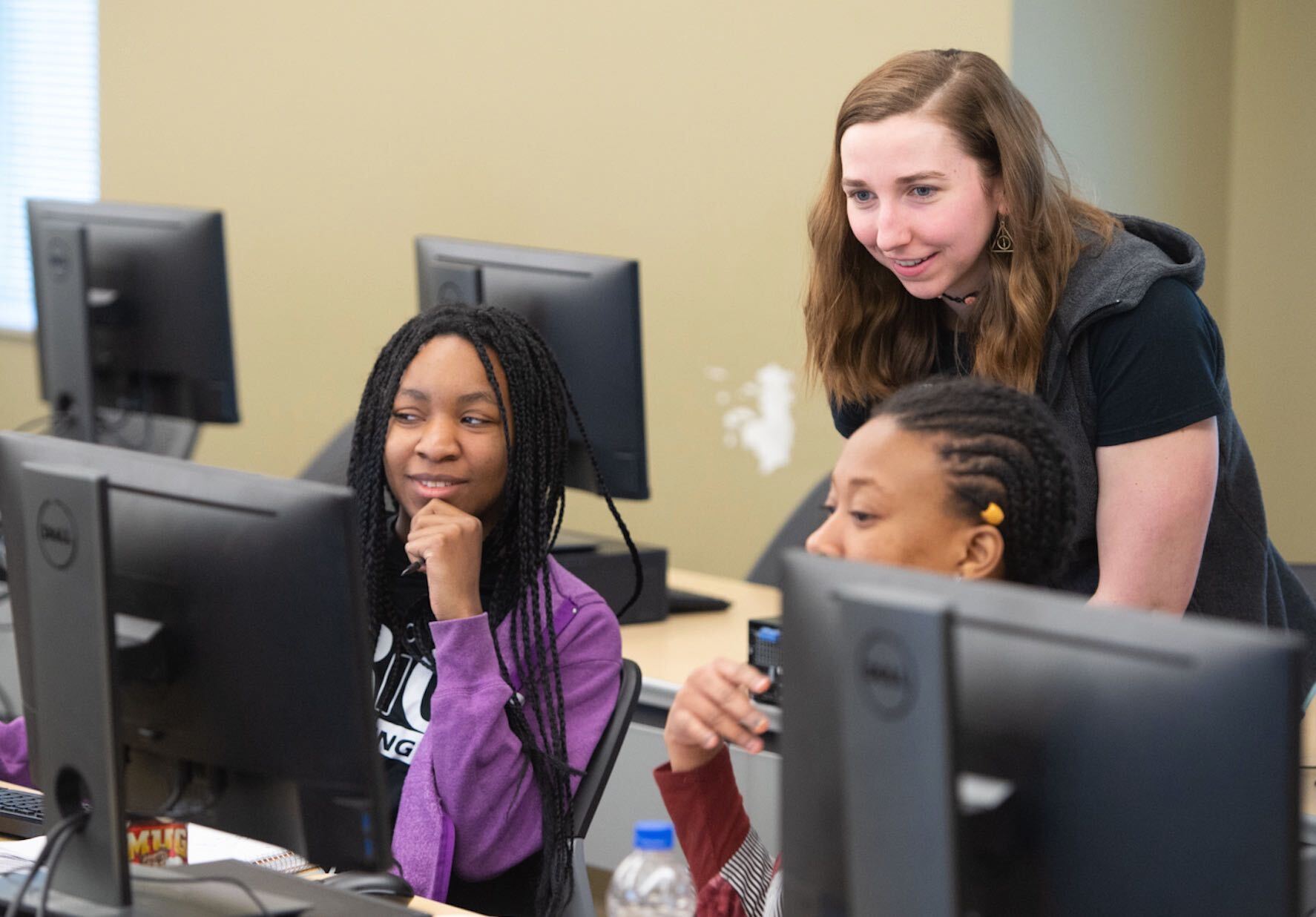Mentoring at Any Level
July 28, 2020
By Cathy Casey-Richards
Mentoring at Any Level
In my first software position post-college, I was a new developer in a program focused on teaching & training new developers how to build software in the "real world". This opportunity was incredibly beneficial to the advancement of my skills and helped shape me into the developer I am today. Years later, I would go on to be a mentor for this same program, now teaching a new group of developers how to build software in an industry environment. The main focuses of my job were to build products with my team and teach them what it means to write sustainable code while successfully implementing useful features. I found it incredibly exciting to watch the faces of those around me when something I was explaining or demonstrating really set in. Communicating technical concepts to others can be challenging on multiple levels, but that "eureka" moment makes it all worth it. This relationship with my team was mutually beneficial though, as I taught them what I knew, and they taught me my blind spots. They pointed out questions I hadn't asked about technologies I used everyday, and they showed me the value of a completely fresh perspective.
When I've had conversations in the past with others about mentoring, usually some variation of the following theme comes up. "I'm not an expert" or "I don't think I know enough". This is one concept I can both completely relate to and also think should be 100% dismissed from your mind. Being an "expert" does not necessarily make you the best at communicating information about a subject, and is it really fair for any of us to expect ourselves to know everything before passing that knowledge on?
In 2017, I co-taught a CoderGirl class on Swift when I had just a few months of experience with the language. This is not to say that I was some sort of "expert" on Swift right away; I certainly wasn't, but my ability to bring the perspective of learning a language as a newbie in that language was valuable. I was teaching people who were brand new to Swift; a position I had been in just a few months prior. I could use this level of understanding to communicate concepts in a way that made sense to someone just starting out.
Mentoring others, no matter your experience level, is bound to be beneficial in more ways than one. You may initially see this as an opportunity to educate others, and that should always be the goal, but it's worth acknowledging the ways teaching others can strengthen your own skills. Every opportunity I've had to teach another person something, whether it be over the course of several months or simply an hour, has added depth to my abilities.
If I learned anything from my time in various roles as a mentor and teacher, it's that I will never have all the answers. I wouldn't want it any other way.
 Cathy mentoring at SheCode 2020.
Cathy mentoring at SheCode 2020.
This work by Cathy Casey-Richards is licensed under Creative Commons Attribution 4.0 International (CC BY 4.0).
